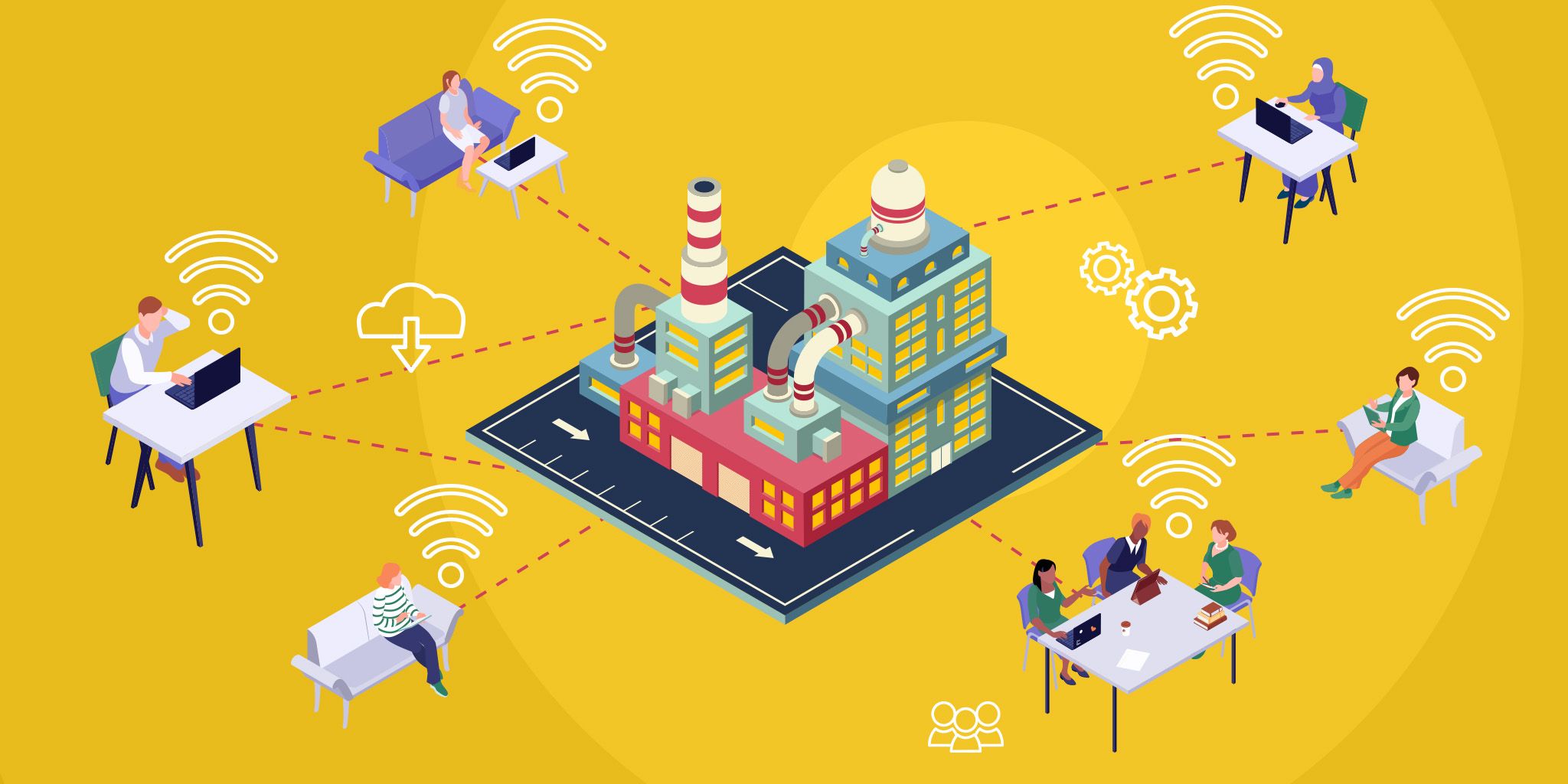8 Artificial Intelligence Trends Transforming 2020
8 Artificial Intelligence Trends Transforming 2020
- Last Updated: December 2, 2024
Guest Writer
- Last Updated: December 2, 2024



For a very long time, Artificial Intelligence was a part of fictional stories, Science Fiction books, and even movies. It was tech-magic to the eyes. Today, as things are slowly moving towards reality, we can see that AI is still exciting, even though it's not as advanced as shown in the movies.
Businesses are slowly investing in AI technology so that they can grow to be smarter and more efficient. Investments in AI as a technology haven't met the hype, but there is a positive sign of acceptance towards the smart technology in IoT.
Among the many benefits associated with AI, the most important is the ability to predict and recommend, ultimately benefitting every industry out there. Additionally, AI helps improve marketing efforts, initiates conversations with users, and also increases user engagement.
With automation and accurate data availability, all industries can thrive with AI applications. Here are 8 AI technologies transforming 2020.
We are already seeing intense and defining trends in 2020 that encompass AI and offer incredible solutions for businesses. Here are eight AI trends that will transform 2020 and beyond.
1. Use of Data Synthesis Method
Artificial Intelligence is dependent on deep learning and machine learning methods to introduce and enhance various systems. Pre-trained models that are developed using deep learning methods are highly dependent on real-world data. However, getting data on time, and managing to incorporate it into existing systems can be a challenge. This is why AI is evolving towards new and better data.
Instead of calling for real-time data, AI will work on data synthesis methods. In this case, the data that is already available will be used to create new data. For instance, if you share a video of you driving a car, there is enough data being recorded to understand how a person drives the car, and what kind of issues they might face.
Simulating this data, and using it as a foundation, businesses can introduce new and efficient methods into the car. This is just one way of using the data synthesis method.
2. Better Business Monitoring
When it comes to automating business processes, our first thought is of manufacturing and other industrial processes that take up a lot of time and energy. With the use of robots who can operate mechanisms that take up time can be quite easy and hassle-free. Luckily, technologists managed to introduce AI into industrial sectors.
Today, AI is used to initiate automation into mechanical processes that are repetitive and potentially costly. Regular business operations such as filling out forms, managing paperwork, documentation, etc. can be automated through AI, resulting in quicker more accurate work.
Robotic Process Automation may soon be a part of all business processes, manning almost all administrative work. As a result, businesses will be able to focus more on their core tasks.
3. Real-Time Personalization Opportunities
Knowing your customer in real-time, and acknowledging their needs and accordingly offering them services or products can be possible with the application of AI. AI has the ability to interact with customers in real-time and study purchase behavior to accordingly define potentially attractive products or services. It's vital that these personal interactions happen in real-time so that recommendations are of use to the customer and keep them engaged.
When a user is interested in a particular product, AI will interact with them, to make recommendations and suggestions. The number of personalization options for businesses is continuing to increase.
4. Increase in AI-Powered Devices
The coming year will see a proliferation in AI-powered devices. In fact, you will notice that the overall spend on implementing AI-powered devices will be less and there will be an increase in the devices that offer human interface and automation.
AI-powered devices have increased opportunities in the business world that cannot be ignored. The continued creation of devices that are mobile combined with increasing interest in automation by users could result in the elimination of often time-consuming tasks.
From household tools to work-related productivity management tools, most things could be powered by AI in the near future. Currently, businesses are investing in AI-powered watches, cell phones, and other devices and solutions which can help achieve real-time work and increase the accuracy of data made available for key decision making.
5. Accuracy in Healthcare
The healthcare industry will become quite agile as a result of AI applications. With increasing data accuracy and real-time diagnosis abilities, healthcare will unfold excellent abilities. AI-powered diagnostic tools can actually help detect breast cancer and other critical diseases at an early stage and even curate a treatment plan tailored to each patient.
The diagnostics data made available from MRI, CT, and other types of X-rays, will be made more accurate when AI technology is applied to it. Few companies have even found applications of AI in medical imaging. There are machine learning applications that enable better medical imaging technology and improved diagnostics results.
6. Boost Cybersecurity
AI could soon be integrated with cybersecurity, enabling tight security solutions for end-users. From tracking and preventing phishing in improvising the algorithms and making them more advanced, AI technology will boost the security abilities of all systems. In the future, AI will be able to predict if a transaction is fraudulent or not, thus preventing all types of cybercrimes, and increasing the system’s vigilance.
This has become even more essential given the fact that most transactions are digital, and it has become important for us to prevent data breaching and improve data collaboration.
7. Incorporating Facial Recognition
Until now, only a few places have made it compulsory to include biometrics such as facial recognition as a security measure. More countries are readying themselves to incorporate facial recognition technology and enhance their security measures.
AI will be used to recognize people and also to know if they are humans or robots. Deep learning algorithms are being set in place to ensure that this technology goes beyond regular facial recognition, and more into understanding who they really are.
8. Interact with AI
In the near future, AI will interact with us in many ways. Some of it is already in existence such as with Chatbots, while a few others could be introduced in the near future. Virtual assistants or Chatbots may become the norm, as businesses may find them more cost-effective and efficient as compared to hiring skilled people for the job. End users would end up conversing with the bots and AI-powered devices and not real humans in the near future. AI devices would be trained to interact in a human-like fashion and would be able to solve your queries in real-time.
Summing Up
Artificial Intelligence will enhance the future of businesses and improve interactions with end-users. AI has the potential to improve how real conversations take place, how data is interpreted, and also enhance the use of data towards better insights and improved decisions.
These trends will take businesses one-notch higher and will set new benchmarks for how businesses need to visualize themselves and how they can prioritize their work. With automation and accurate data availability, all industries can thrive with AI.
The Most Comprehensive IoT Newsletter for Enterprises
Showcasing the highest-quality content, resources, news, and insights from the world of the Internet of Things. Subscribe to remain informed and up-to-date.
New Podcast Episode

Moving Past the Pilot Phase in IoT and AI
Related Articles





